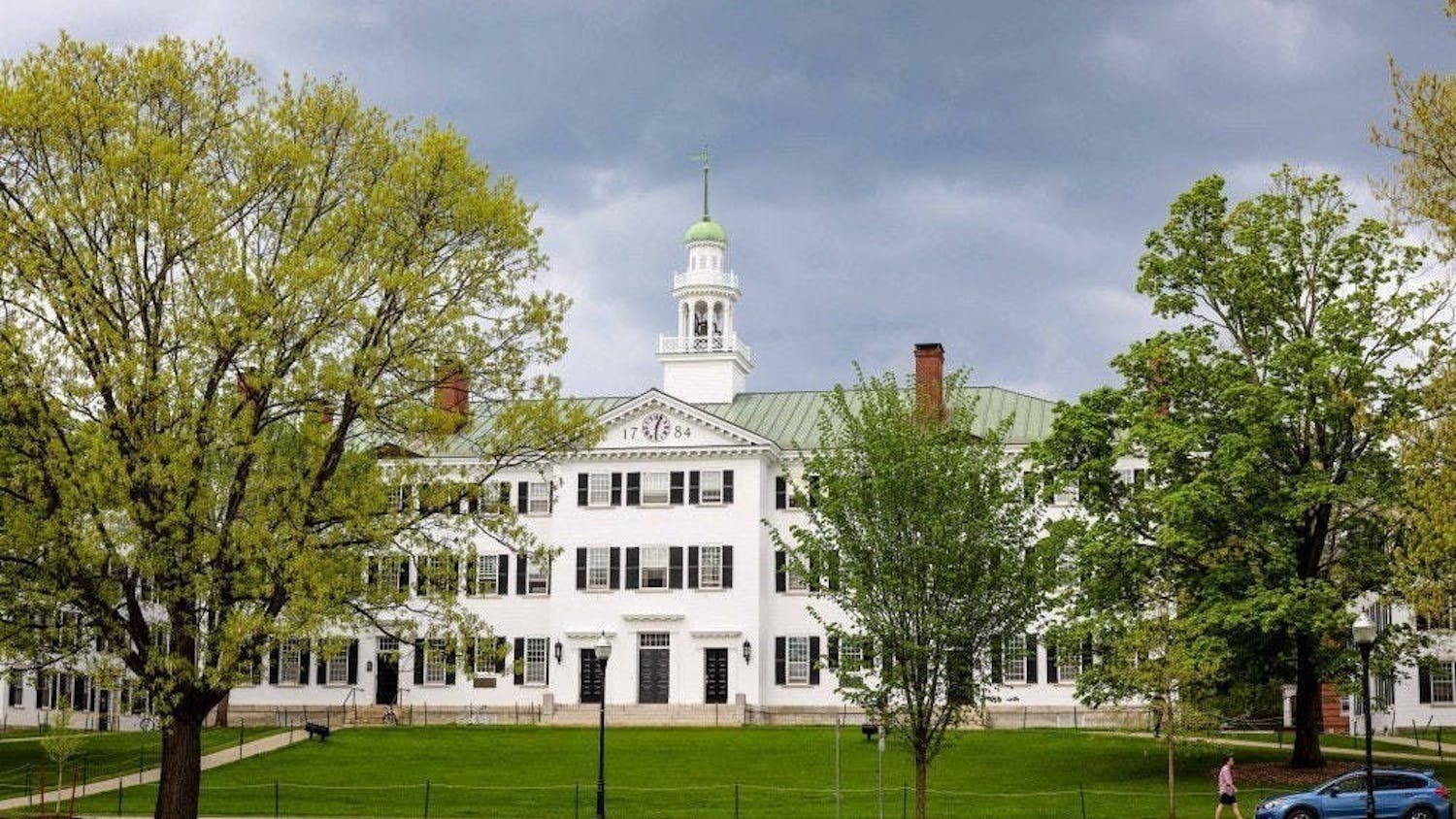Last Saturday, Dartmouth’s chapter of Musical Empowerment held its second annual benefit dinner at Skinny Pancake. The event was organized by the executive board of Musical Empowerment as a part of its 10-day long Strike a Chord fundraising campaign. Strike a Chord is the national organization’s fundraising program, and it ran from Feb. 14-24. The proceeds from the benefit dinner will go towards funds for the Dartmouth chapter.
Musical Empowerment aims to foster a love for music in students, who might not otherwise have access to musical education, through pairing elementary school students with mentors who are college students. Dartmouth’s chapter works with students at Dothan Brook Elementary School in Hartford, VT to teach them in instruments ranging from violin to voice. The students at Dothan Brook work with their mentor over the course of several terms.
The benefit dinner event featured performances from various undergraduate groups and students. Among the performers were the a capella group The Dartmouth Sings, a string quartet consisting of Raymond Hsu ’21, Bryan Shin ’20, Kimberly Tan ’22 and Elaine Young ’22, singers Leah Casey ’21 and Cecilia Zugel ’21 and cellist Jonathan Lim ’23.
Archita Harathi ’22, a member of The Dartmouth Sings, said that her a capella group chose to perform because the group thought it would be a great way to interact with and support other musical organizations on campus.
“Music is something that we really love, and we think that the mission of Musical Empowerment is great,” Harathi said. “We wanted to help reach out and be a part of it and show our support for a cause that we believe in.”
Lim, who plays cello with the Chamber Orchestra, feels similarly about the organization’s goal. He said he picked up cello in elementary school and understands the importance of starting music at a young age.
“It’s great that Musical Empowerment is giving this opportunity to students who are interested in music when they’re young, but don’t necessarily have the resources to take up music,” Lim said.
Members of Musical Empowerment’s executive board noted that the goal of the fundraising campaign was not only to raise funds, but also to bring awareness to the club.
Tan, who is on the executive board, said they hope to use the money raised to buy instruments and books for the students. Though Strike a Chord is largely an online fundraiser, she said the in-person benefit allowed the group to spread the word about their mission throughout the Upper Valley.
Dartmouth’s chapter of Musical Empowerment was created recently, and it is the newest chapter of the national organization. It was formed in 2016 by Matthew Goff ’18 and Magdalena Raska ’20, who is now the president of the chapter.
“This was an idea that Matthew and I had started working on together, but he graduated,” Raska said. “I managed to find a couple of really good leadership team members and kept pushing through. Eventually we broke some ground and we were able to form our chapter.”
She also noted that she was motivated to form the club because she was a classical violinist all through high school but tore a ligament in her hand. She couldn’t keep up with the Dartmouth Symphony Orchestra’s practice schedule and tried to find another way to stay involved with music at Dartmouth.
“I heard from Matthew that he was trying to start this program here,” Raska said. “I thought that this would be a great way to engage with music in another form.”
Last year, Musical Empowerment had seven student-teacher pairs, and it currently has 14. In addition to increasing the number of teachers in the organization, Musical Empowerment hopes to spread to more schools in the Upper Valley.
Each year, Musical Empowerment holds a recital for its students around the end of Week 9, where students can show parents, teachers and other students what they’ve been working on.
“It’s not high-pressure, and whether the students just go up and play a chord or an entire piece, they’re still able to show that they’ve learned something,” Raska said.
The recital also allows the students in the program to get to know each other at school and it helps them form more friendships with each other.
Coco Chu ’21, one of the co-vice presidents of the club, said that the organization focuses on mentorship, growth and connecting college mentors with younger people for empowerment purposes.
“The development and mentorship aspects of the student-teacher relationship are more important than learning music techniques,” Chu said. “Forming really good relationships with students is essential because they see you every week and they look up to you.”
Additionally, Chu said there is a two-year minimum commitment for teachers and students, which gives the duo room for growth.
Tan also said that seeing her student grow over the year and a half that she’s worked with him has been valuable.
“I started teaching him when he was in third grade, and we’ve developed a good relationship,” Tan said. “Initially he was really shy and didn’t want to open up, but now we’re really close. Sometimes he tells me about stuff going on at school or at home and it’s nice to be able to support him. It’s really nice that he comes for lessons every week and we get to talk and play music together. I find that really fulfilling.”



